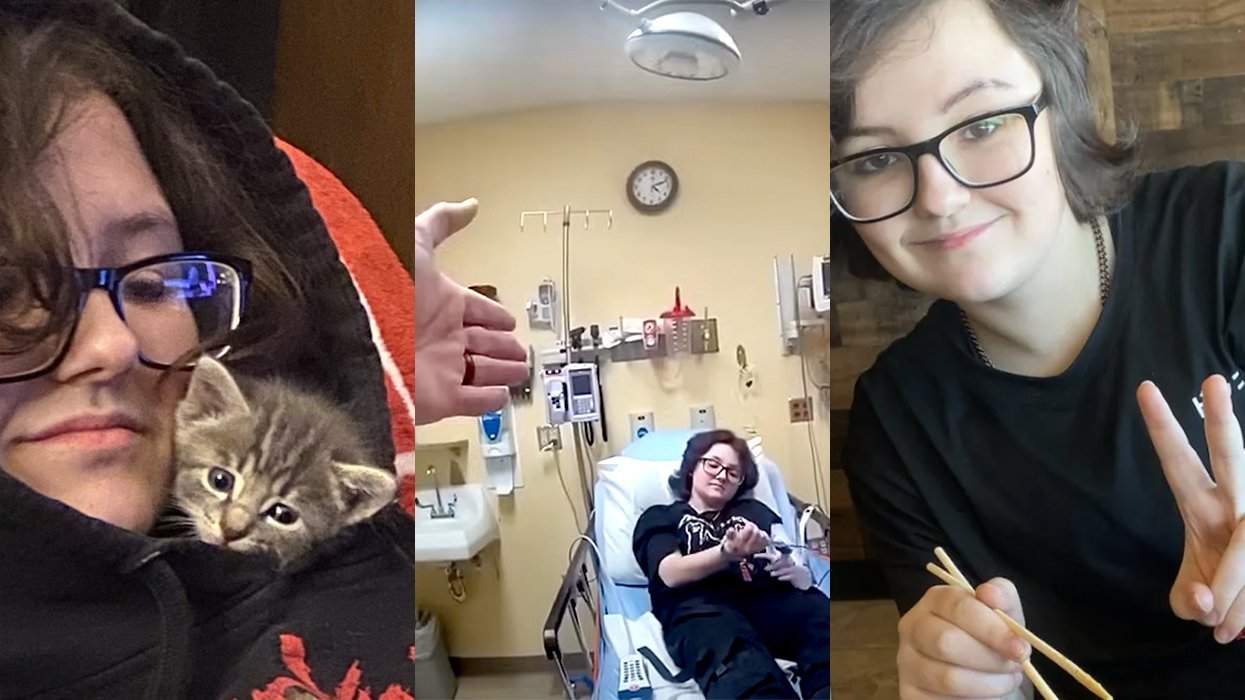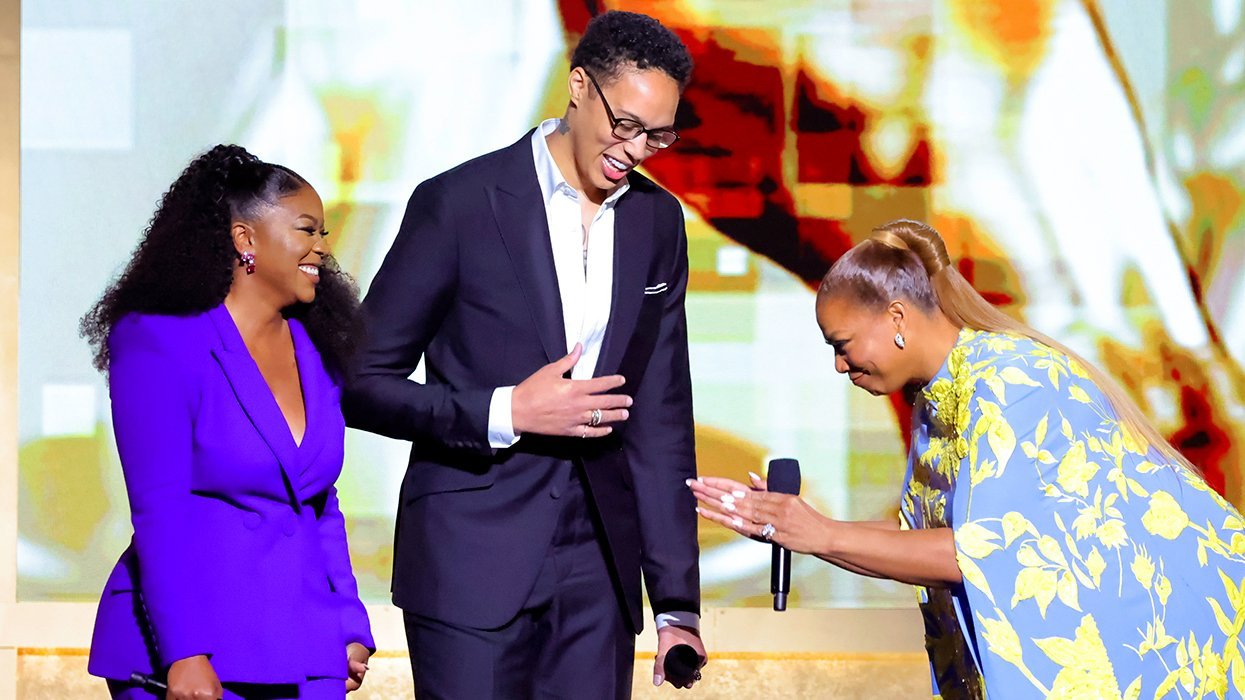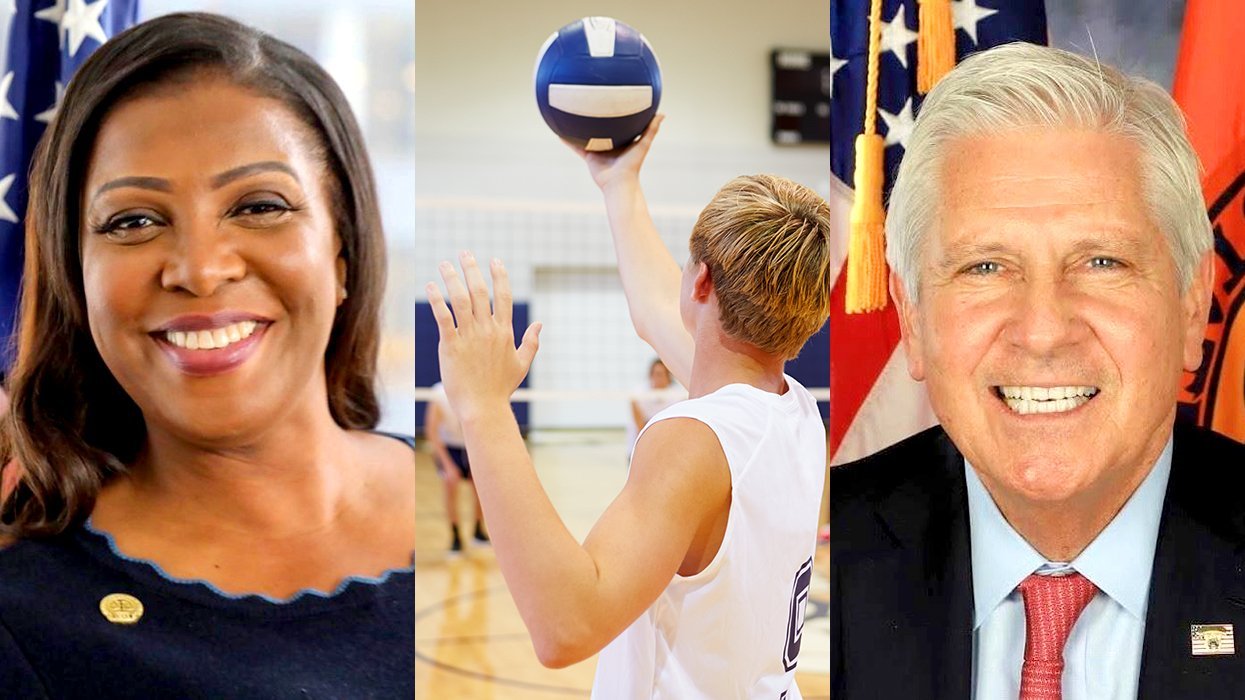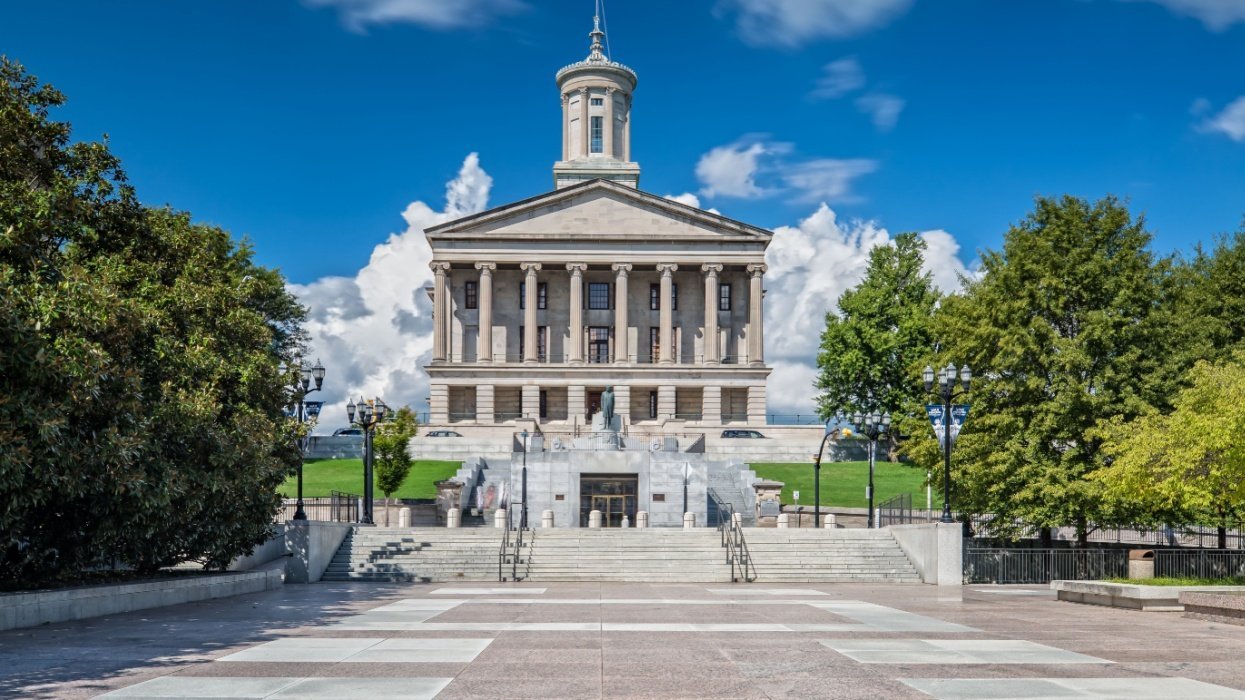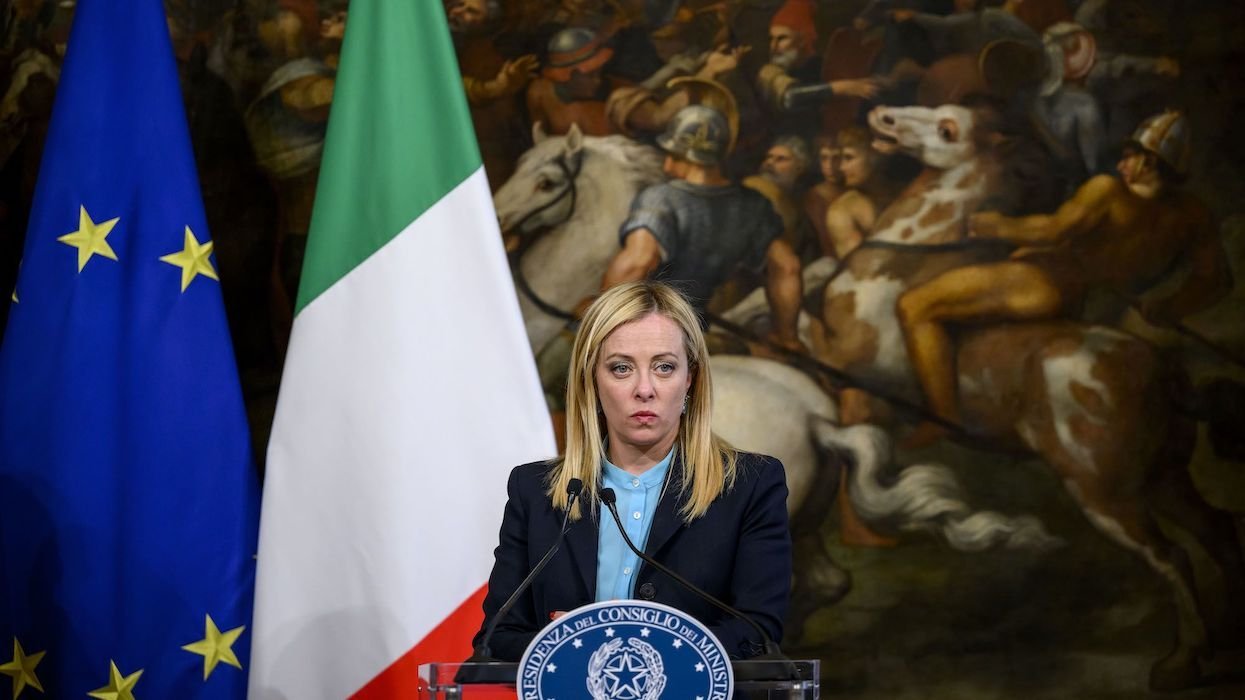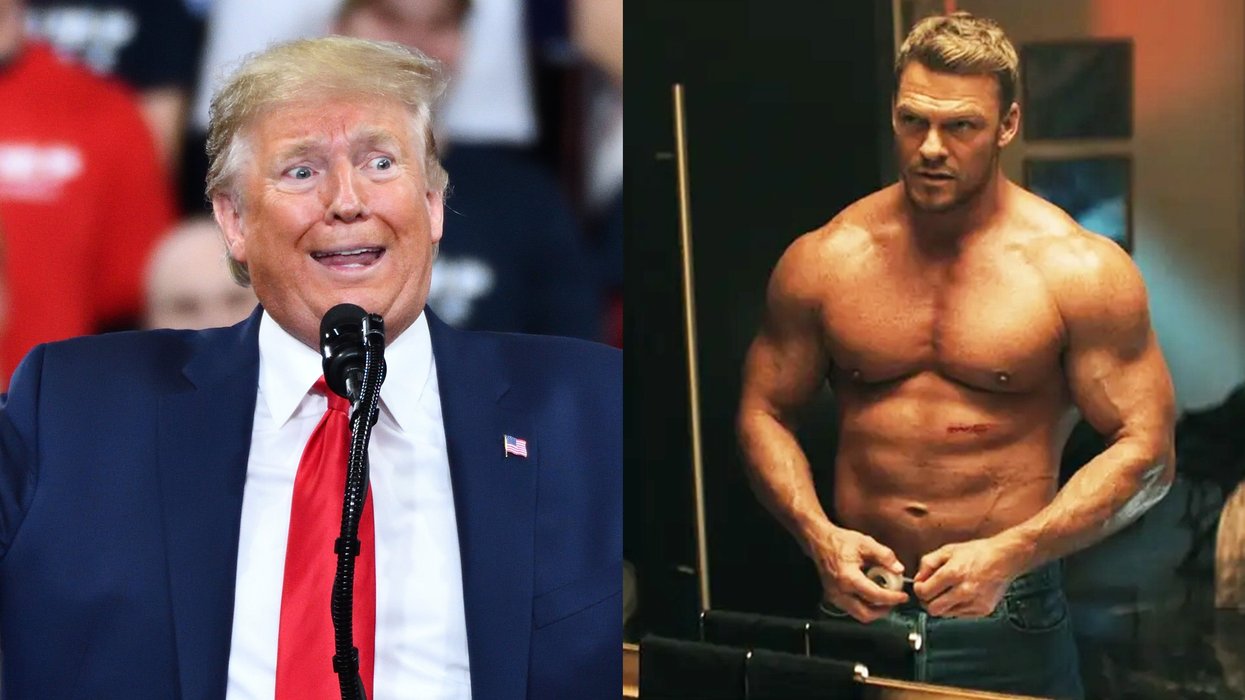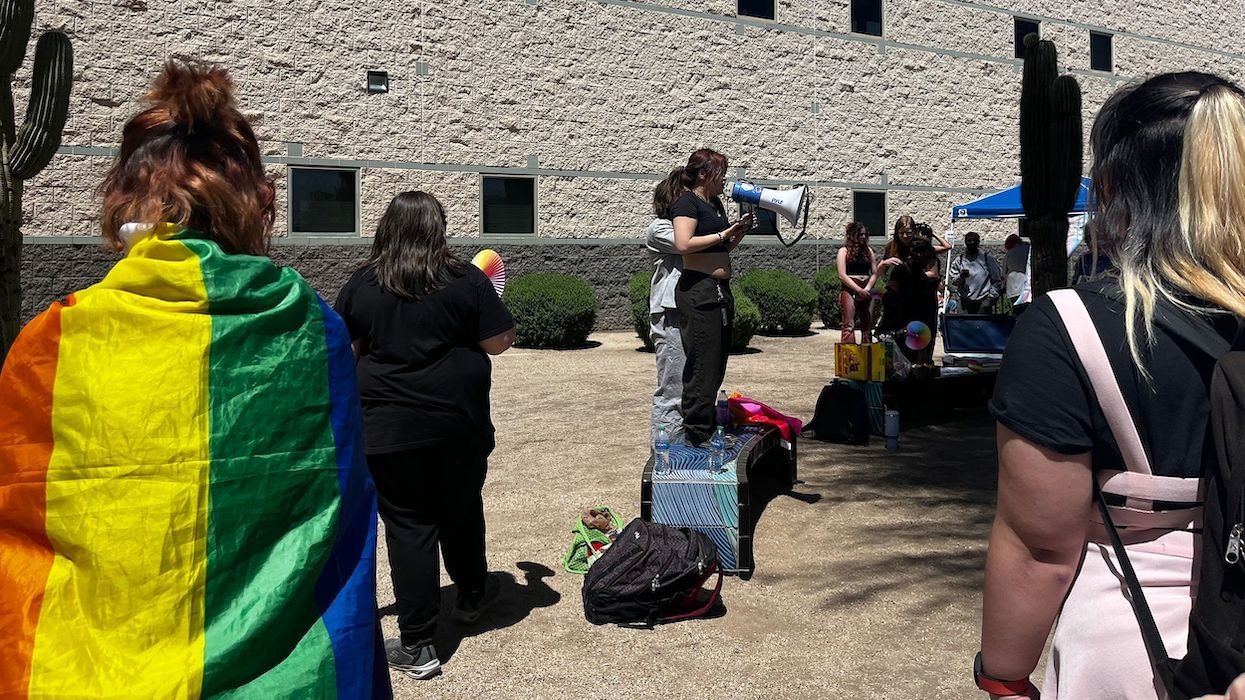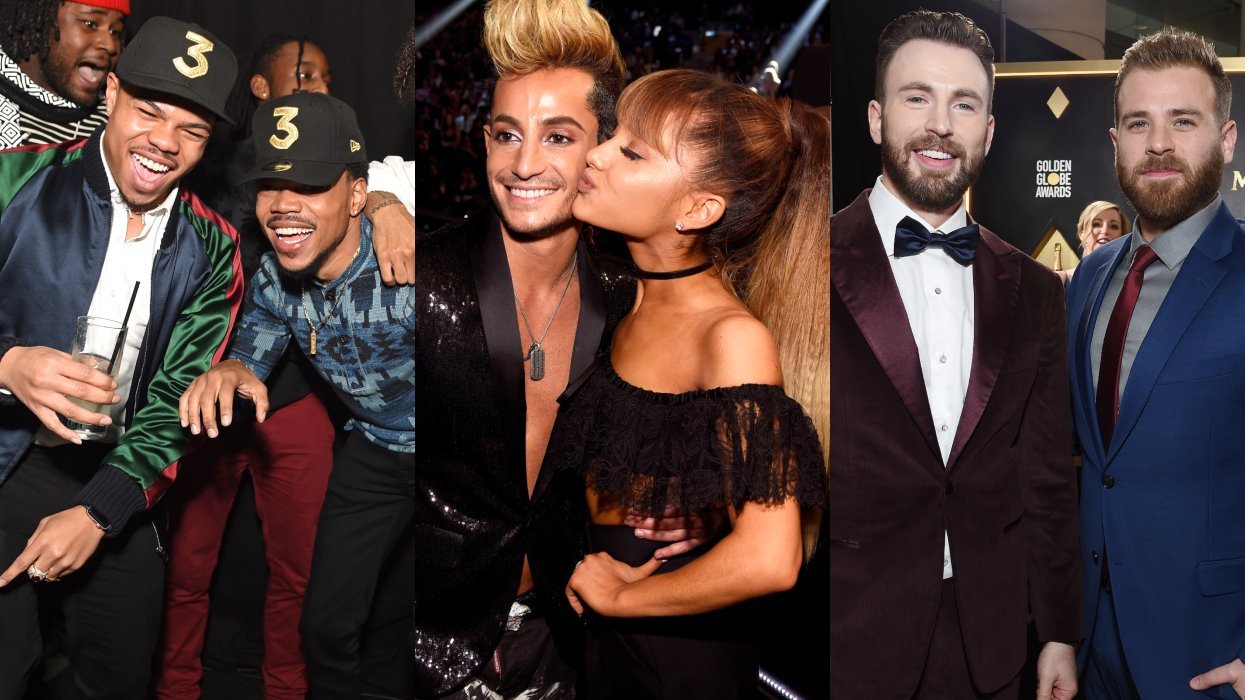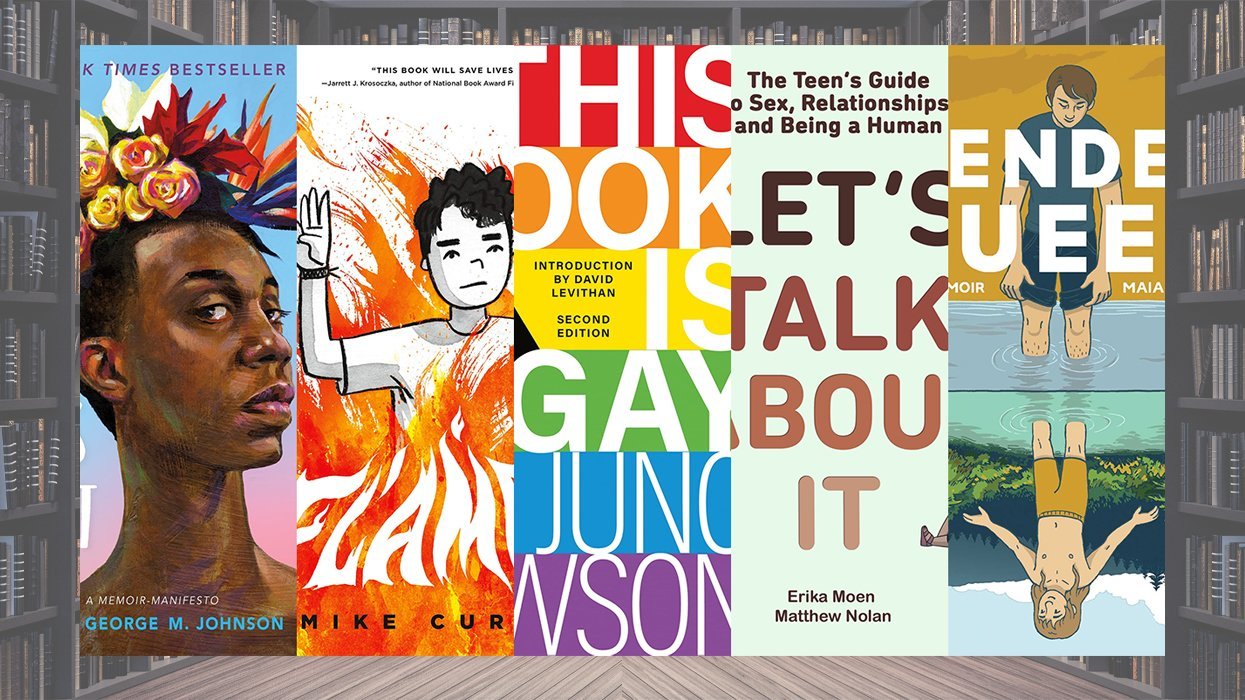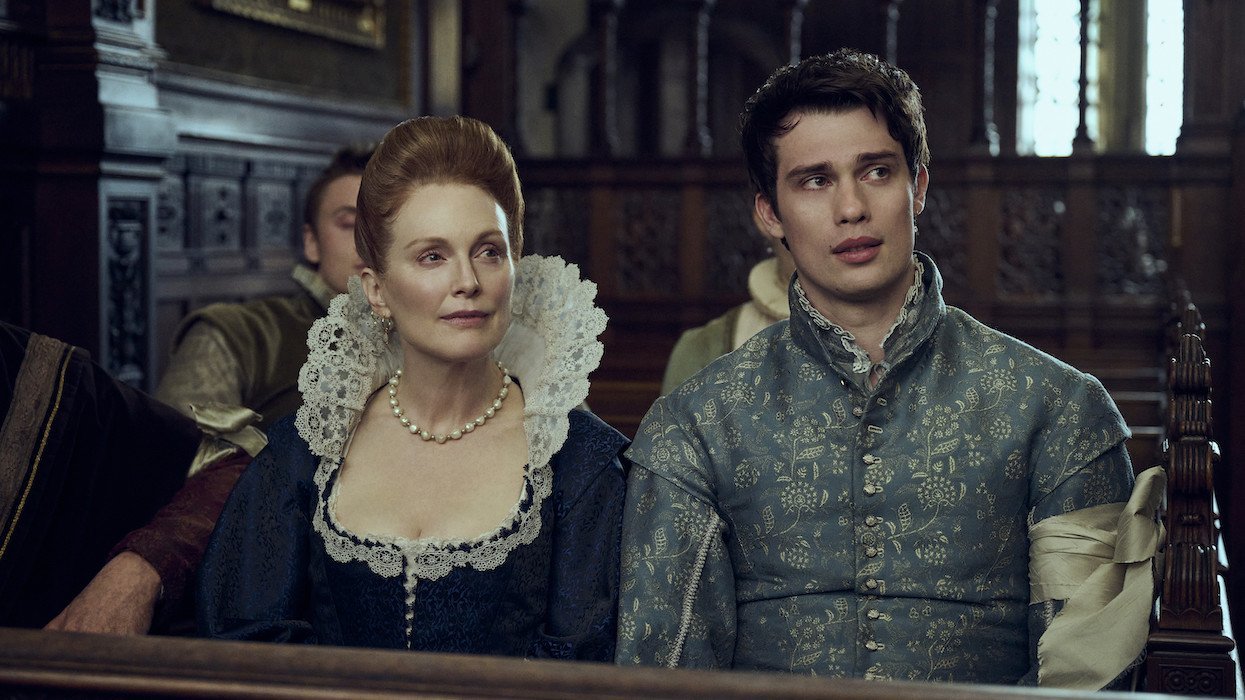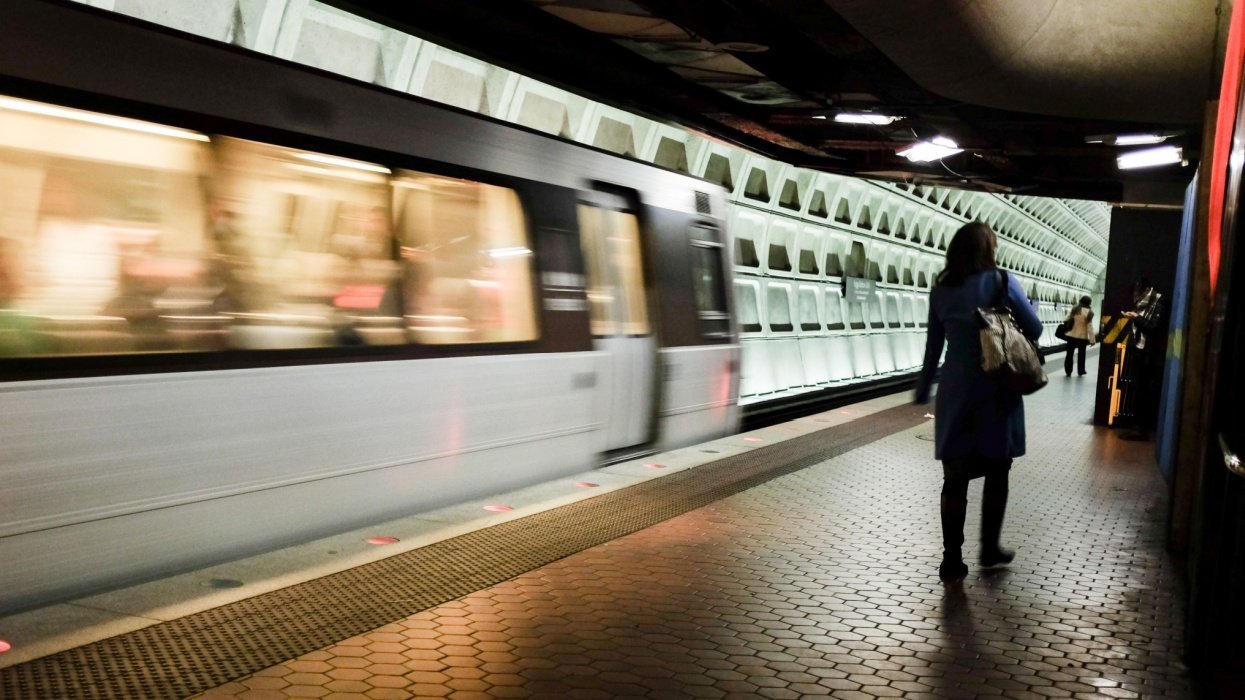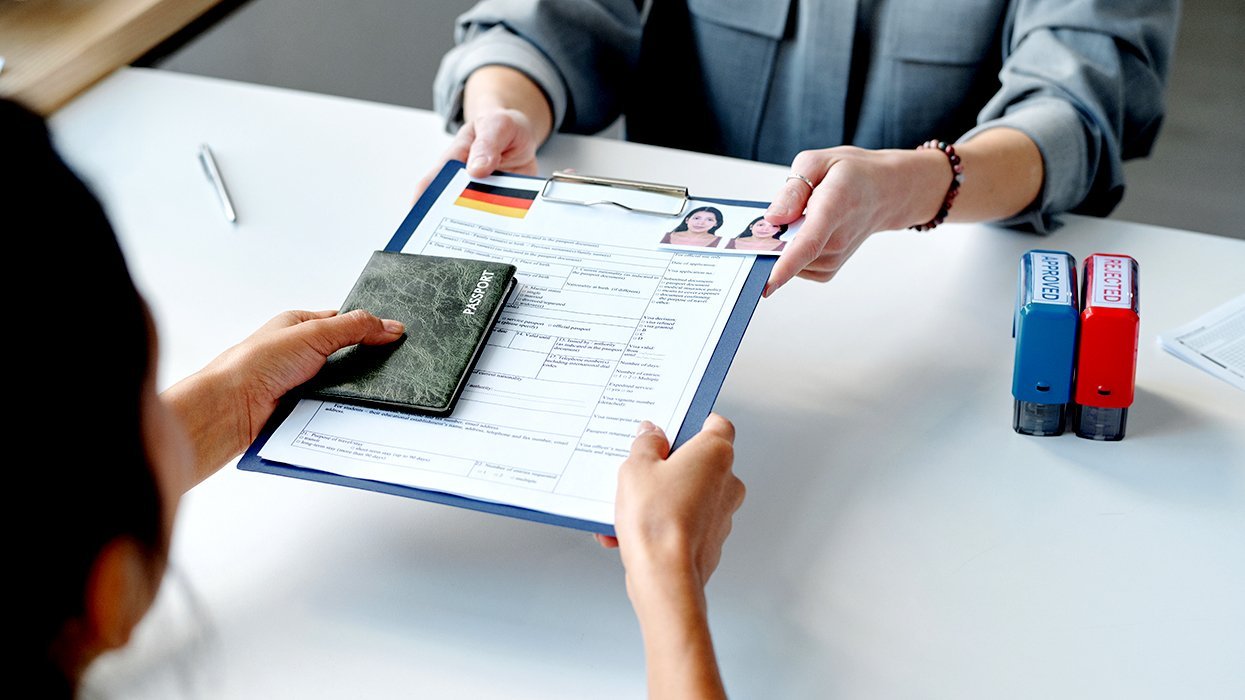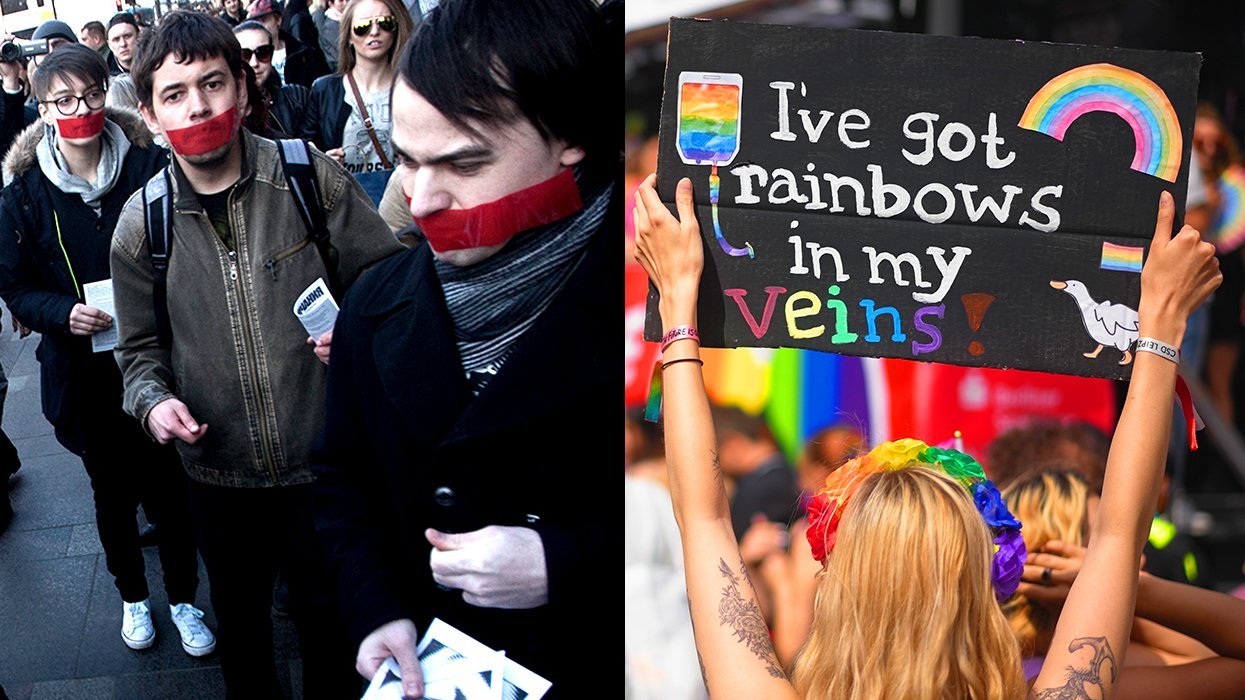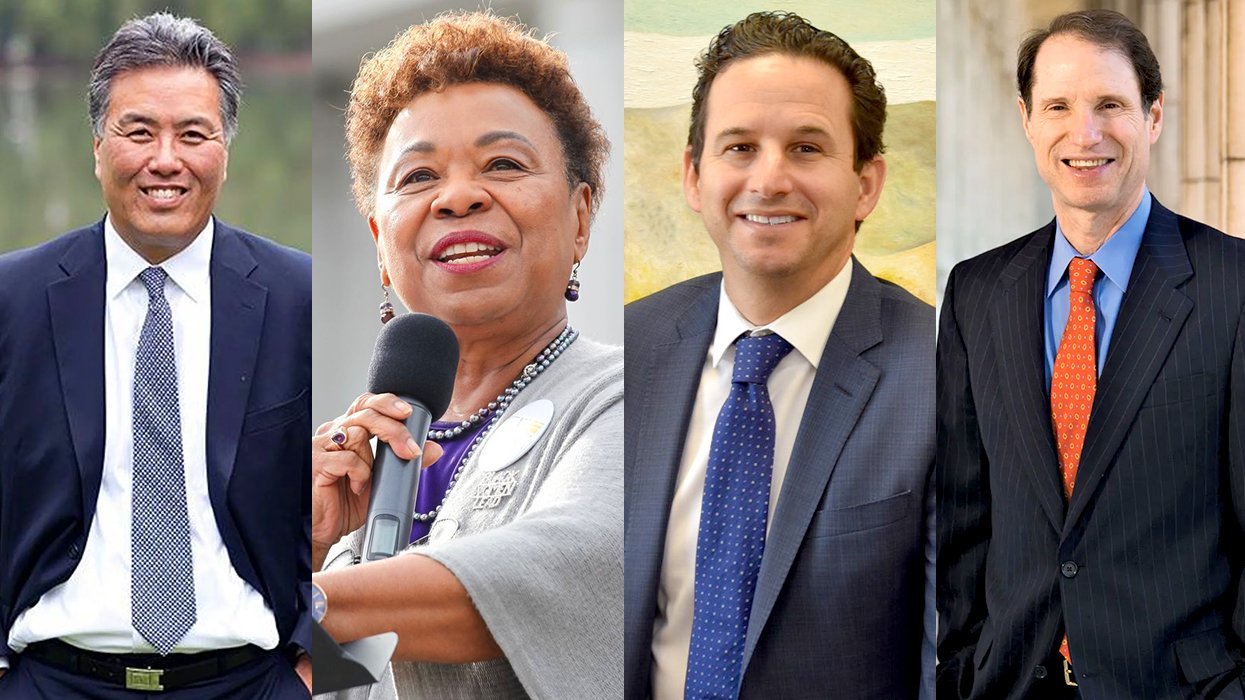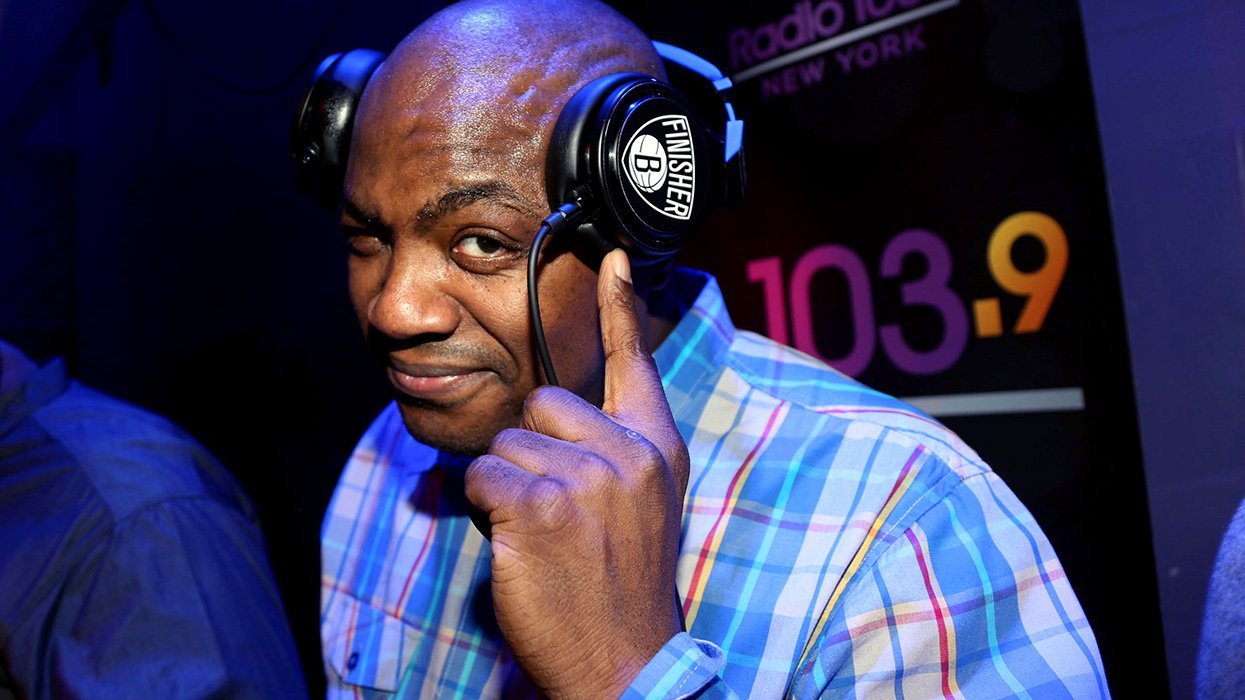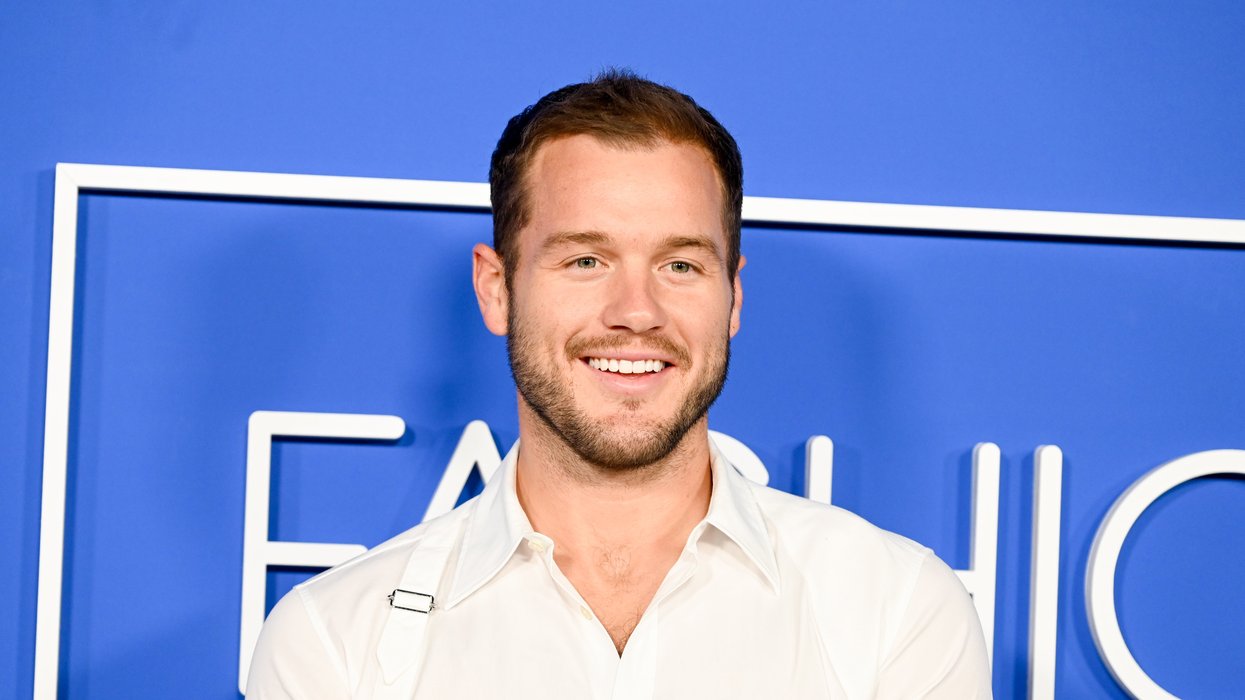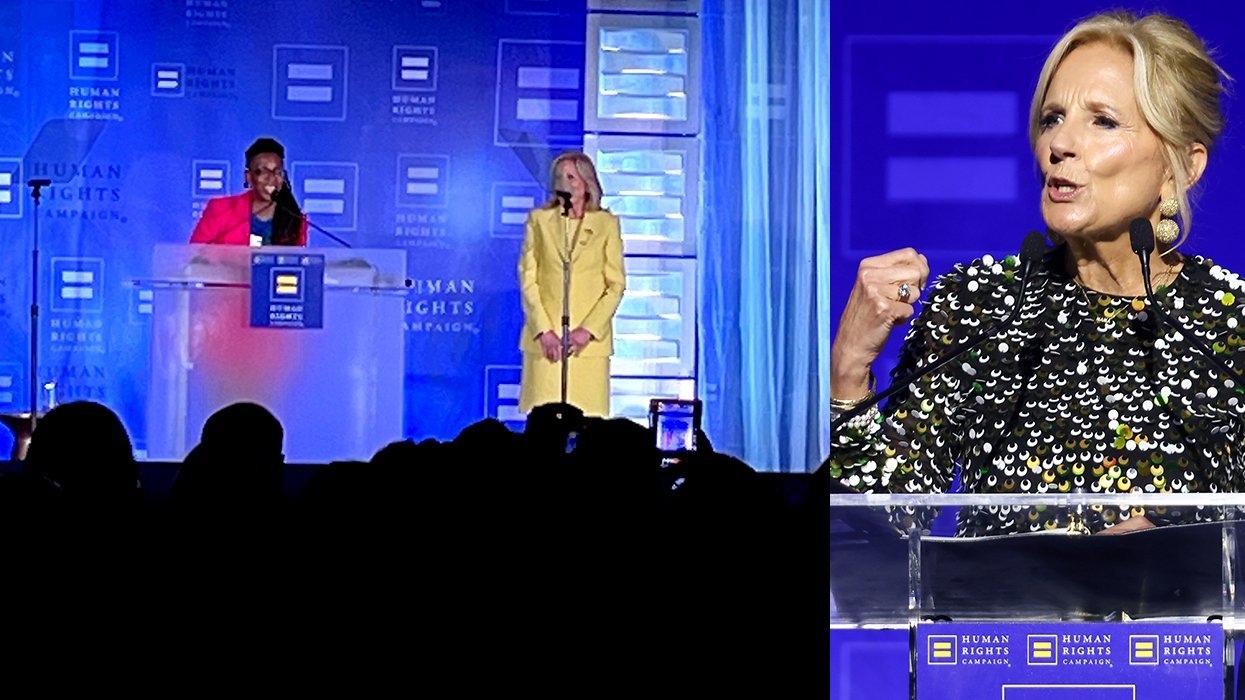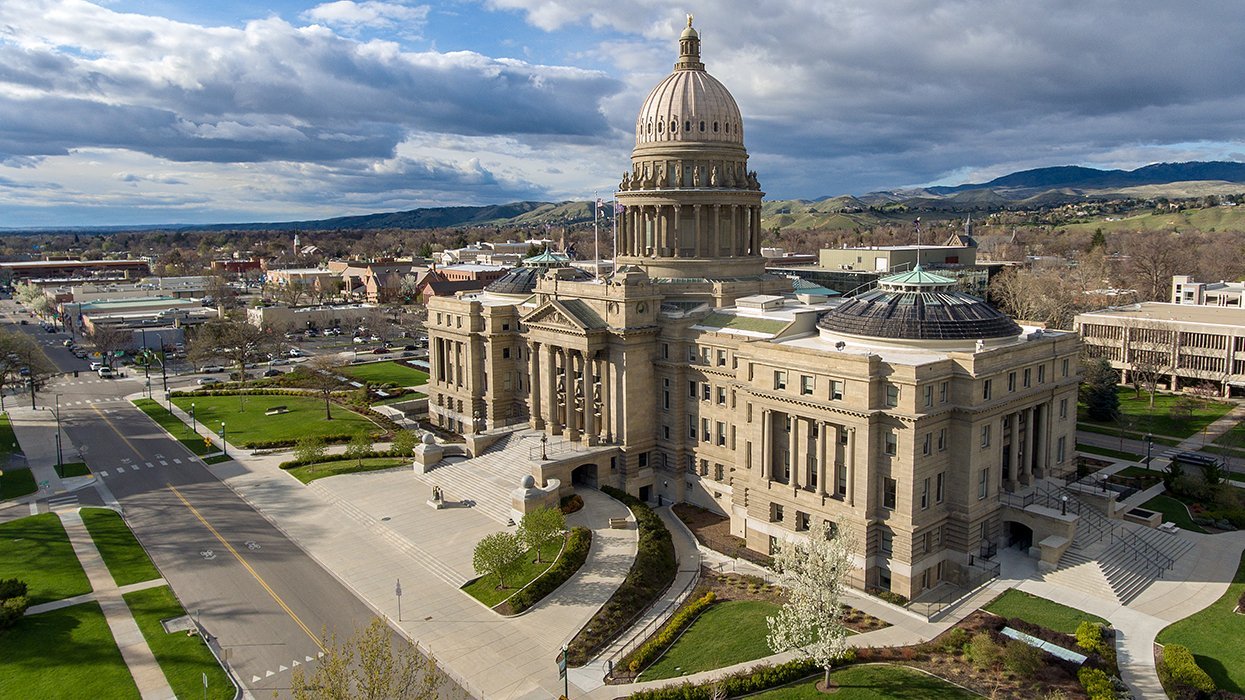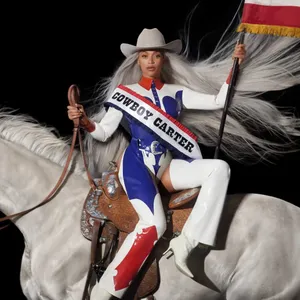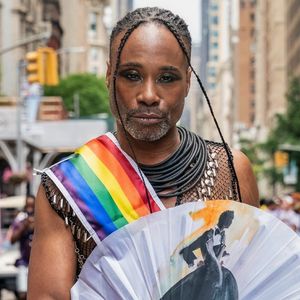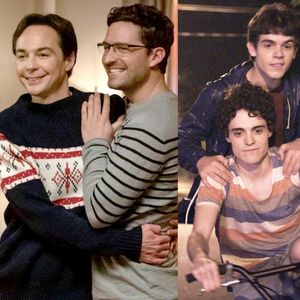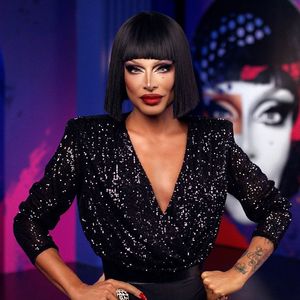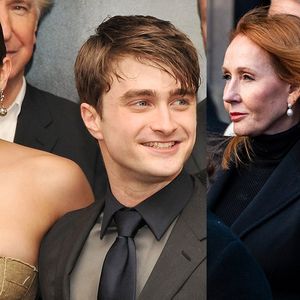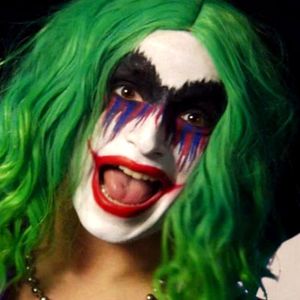Russians voted
Sunday in a parliamentary election where, with ballots
from nearly 98% of precincts counted, Putin's United Russia
Party was leading with 64.1% of the vote, the Central
Election Commission said -- giving it 70% of the seats
in parliament. The Communists trailed with just 11.6%
of the vote, with Kremlin-allied parties claiming the rest
of Sunday's vote.
Foreign observers
and Russian opposition groups accused authorities
Monday of manipulating a sweeping election victory for the
party of President Vladimir Putin, who hailed the
results as a validation of his leadership. But
opposition leader Garry Kasparov, the ex-chess champion,
denounced the election as ''the most unfair and dirtiest in
the whole history of modern Russia.''
The election
followed months of increasingly acidic rhetoric against the
West and efforts -- by law and by truncheon -- to stifle
opponents.
The huge win for
Putin's United Russia party could pave the way for him
to stay at the country's helm once his presidential term
expires this spring. The party casts the election as
essentially a referendum on Putin's nearly eight years
in office. Many of its campaign banners that festoon
the capital read ''Moscow is voting for Putin.''
''He's a good
man. Any woman would love to see him in her house,'' said
Polina Amanyeva, 58, at a Moscow polling station where she
said she had voted for United Russia.
Putin is
constitutionally prohibited from running for a third
consecutive term as president in March. But he clearly
wants to keep his hand on the helm in Russia, and has
raised the prospect of becoming prime minister; many
supporters have suggested his becoming a ''national leader''
of unspecified duties.
He has said that
a strong showing for the party Sunday would give him the
moral right to ensure that politicians continue his
policies.
The dominance of
United Russia provoked a fatalistic attitude in some
voters.
''I think the
result was pretty much planned in advance. I don't know who
I'll vote for; I'll decide when I get to the booth,'' said
Ivan Kudrashov, in his 20s, as he entered Moscow's
Christ the Savior Cathedral for Sunday Mass.
Alexander
Mikhailov, 39, said outside a polling station in Moscow
school that he wanted to vote for a ''truly democratic
party'' and chose the liberal opposition Yabloko
because ''there is no other choice.''
In Moscow about
15 gay rights activists were detained at a polling
station after a protest in which they scrawled ''No to
homophobia'' on their ballots.
The vote is the
first national ballot under new election laws that have
been widely criticized as marginalizing opposition forces.
All the seats will be awarded proportionately to how
much of the vote a party receives; in previous
elections half the seats were chosen among candidates
contesting a specific district, which allowed a few
mavericks to get in.
The new laws also
say a party must receive at least 7% of the national
vote to get any seats -- up from the previous 5%. A poll by
the All-Russia Public Opinion Research Center in mid
November showed the Communists and two other parties
hovering near the cutoff point.
Opposition
parties, meanwhile, claim authorities have confiscated
campaign materials and that the managers of halls have
refused to rent them out for opposition meetings.
Police have violently broken up opposition rallies --
most recently in Moscow and St. Petersburg last
weekend -- and national television gives the parties hardly
any coverage.
Garry Kasparov,
the former world chess champion who has become one of the
most prominent opposition leaders, called the election a
''farce'' Friday, a day after being released from jail
following his arrest in the weekend protests.
In contrast to
the near invisibility of the opposition on television,
Putin's speeches to supporters have been broadcast in full
and repeated throughout evening newscasts.
Sunday's vote
''meets none of the criteria of a free, fair and democratic
election. In effect, it is not even an election,'' Andrei
Illarionov, a former adviser to Putin, wrote in a
commentary for the Cato Institute think-tank.
Under Putin
once-struggling Russia has become inundated with oil
revenue, a nascent middle-class is developing and the
war against separatists in Chechnya has faded into
sporadic, small clashes. Russia's newly assertive
military policy and inclination to taunt and criticize the
West appeals strongly to Russians who suffered
physically and emotionally after the Soviet Union's
collapse.
Although the
election results were seen as a foregone conclusion, voter
turnout appeared substantial. An hour before polls closed in
Far Eastern Kamchatka, nine hours ahead of Moscow,
officials reported turnout above 53%, about two
percentage points higher than in the 2003 Duma elections.
Authorities
throughout Russia appeared determined to ensure a sizable
turnout, through pressure, persuasion and even presents. In
Novorossiisk voters had a chance to win a car, laptop
computers and cellular phones, the ITAR-Tass news
agency reported. Another region promised new housing
will be built in whichever village shows the most ''mature''
turnout.
With Russia
showing an increasingly assertive military policy and with
foreign hunger growing for Russia's oil, gas, and minerals,
the election is of strong interest overseas. But
international organizations are not able to watch as
closely as they had hoped.
The
elections-monitoring arm of the Organization for Security
and Cooperation in Europe, regarded in the West as the
most authoritative assessor of whether an election is
fair, canceled plans to send observers. It said Russia
had delayed granting visas for so long that the
organization would be unable to conduct a meaningful
assessment of election preparations.
Russia has
criticized monitoring by the OSCE elsewhere in the former
Soviet Union as supporting protests that forced leadership
changes, but it denied that it was impeding operations
in Russia. Putin claimed the pullout was initiated by
the United States in an effort to discredit the
elections and his government.
A total of about
300 observers from various international organizations
were scheduled to monitor the voting.
Disdain for the
West has been one of the dominating themes of the
election. Putin called his opponents ''foreign-fed jackals''
last month and warned that Russia will not tolerate
meddling from abroad. (Jim Heintz, AP)













